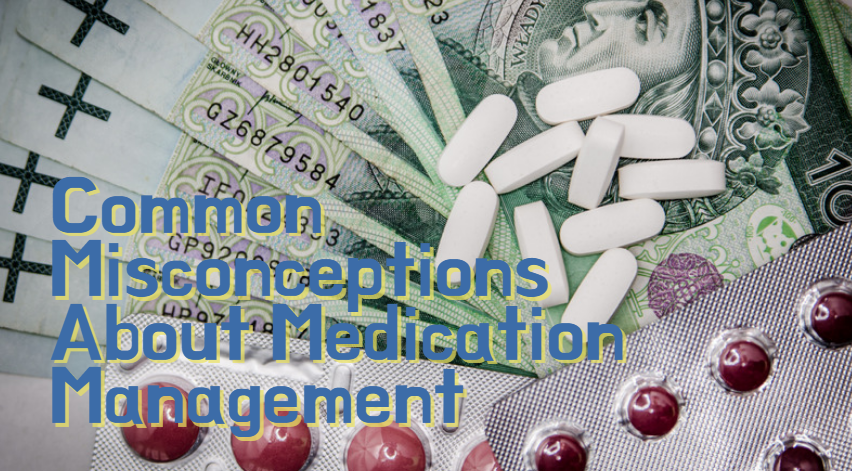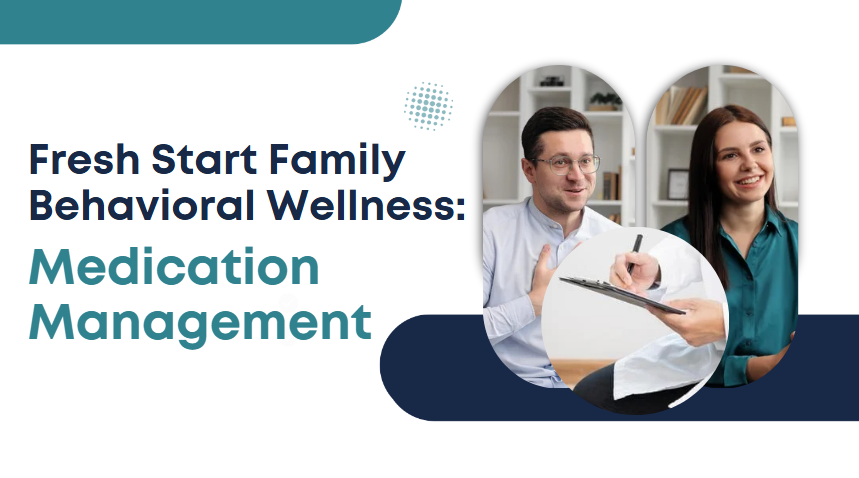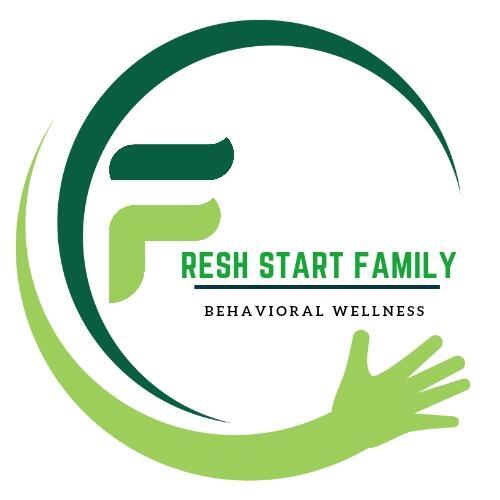Managing multiple medications can be overwhelming, but it is a daily reality many face. It’s not just about remembering to take pills; it’s about adhering to a regimen that supports overall health and mental well-being.
Medication management encompasses the practices and strategies that ensure medications are taken as prescribed, minimizing risks and maximizing benefits. Effective management is crucial for stabilizing mental health conditions, improving treatment outcomes, and enhancing the quality of life.
This article delves into the essentials of medication management, highlighting its significance and practical approaches. Readers will learn who benefits most from meticulous medication oversight and gain actionable tips for ensuring compliance and effectiveness in their or their loved ones’ routines.
What Is Medication Management?
Medication management is a comprehensive service in mental health care that ensures patients receive the most effective therapeutic outcomes from their prescribed medications. It involves careful oversight by healthcare professionals to optimize medication use, minimize side effects, and enhance adherence, improving overall mental health and quality of life.
Components of Medication Management:
Medication management encompasses several critical components that work together to support patients effectively:
- Assessment: Initial evaluations to understand patient needs.
- Planning: Developing a tailored medication plan.
- Monitoring: Regular follow-ups to assess effectiveness and side effects.
- Education: Teaching patients about their medications and how to take them correctly.
- Coordination: Collaborating with other healthcare providers for comprehensive care.
Who Benefits from It?

Medication management is a critical component of mental health care, providing significant benefits to various patient populations. By ensuring proper medication use and addressing any related concerns, medication management optimizes treatment outcomes, enhances patient adherence, and improves overall well-being.
1. Individuals with Chronic Mental Illnesses
Those with chronic mental illnesses, such as schizophrenia, bipolar disorder, and severe depression, often require ongoing medication to manage their symptoms effectively. Medication management ensures that these individuals receive the right medication at the correct dosage, monitor their response to treatment, and adjust medications as needed. This ongoing oversight helps to maintain stability and minimize the risk of relapse.
2. People Experiencing Medication Side Effects
Many psychiatric medications can cause significant side effects, which may negatively impact a patient’s quality of life. Medication management addresses these issues by carefully monitoring for side effects, making necessary adjustments, and providing strategies to mitigate these adverse effects. By doing so, patients can experience improved comfort and adherence to their prescribed treatment plans.
3. Patients with Complex Medication Regimens
Managing multiple medications can be challenging and may lead to unintentional conflicts or complications. Patients with complex medication regimens benefit greatly from professional medication management, which ensures that all medications work together without causing adverse interactions. This careful coordination helps to maximize therapeutic efficacy while minimizing the risk of harmful side effects.
4. Individuals Struggling with Adherence
Adherence to medication schedules is crucial for effective treatment, yet many patients struggle with this aspect. Medication management provides support and education to help individuals understand the importance of adherence, develop strategies to remember to take their medications and address any barriers they may face. This support system is vital for maintaining consistent and effective treatment outcomes.
Here is the Summary Table:

| Who Needs Medication Management | Description |
| Individuals with Chronic Mental Illnesses | People with conditions like schizophrenia, bipolar disorder, and severe depression who need ongoing medication management to maintain stability and minimize relapse risk. |
| People Experiencing Medication Side Effects | Patients who suffer from significant side effects of psychiatric medications benefit from monitoring, adjustments, and strategies to improve comfort and adherence. |
| Patients with Complex Medication Regimens | Those managing multiple medications who need careful coordination to avoid adverse interactions and maximize therapeutic efficacy. |
| Individuals Struggling with Adherence | Patients who have difficulty adhering to their medication schedules receive support and education to enhance adherence and maintain effective treatment outcomes. |
The Benefits of Medication Management

Medication management is a vital component of mental health care that helps ensure patients receive the most effective and safe pharmacological treatments. By providing comprehensive oversight, medication management supports optimal therapeutic outcomes, enhances adherence, and improves the overall well-being of patients.
- Improved Medical Outcomes: Better symptom control, fewer relapses, and overall improved mental health are key benefits. Effective medication management ensures that patients receive the proper dosages and timely adjustments to their treatment plans.
- Enhanced Quality of Life: Reducing side effects and making daily life more manageable are primary objectives. Medication management addresses adverse effects and provides strategies to improve patients’ comfort and daily functioning.
- Stress Reduction for Patients and Families: Medication management relieves the burden of managing medications alone. With professional oversight, both patients and their families experience less anxiety and stress regarding treatment adherence and effectiveness.
- Cost-Effectiveness: Potential for reduced medical costs through better management and fewer emergency visits. Proper medication management can decrease the need for acute care interventions, leading to significant healthcare savings.
Common Misconceptions About Medication Management

Medication management is often misunderstood, leading to misconceptions that can hinder its effective utilization. By addressing these misconceptions, we can better appreciate the pivotal role of medication management in promoting mental health and well-being.
1. Medication Management Equals Overmedication
There is a fear that being under medication management means being prescribed too many medications. Effective medication management aims to optimize the medication regimen, ensuring patients take only what is necessary for their well-being.
2. Only for Severe Cases
Many believe that medication management is only beneficial for those with severe mental illnesses. However, it can greatly benefit anyone on psychiatric medications by providing proper oversight, adjustments, and support, regardless of the severity of their condition.
3. It’s a One-Time Fix
Some think that medication management is a one-time intervention. In contrast, ongoing management is crucial to achieving and maintaining the best possible outcomes. Continuous monitoring and adjustments ensure that treatment remains effective over time.
Steps to Get Started with Medication Management

Embarking on the journey of medication management is a critical step toward achieving optimal mental health. Understanding the process and preparation can help ensure a smooth and effective patient experience.
- Initial Consultation: During the first visit, expect a thorough assessment of your mental health history, current medications, and overall well-being. This comprehensive evaluation helps the healthcare provider develop a personalized medication management plan tailored to your needs.
- Preparation Tips: To prepare for the consultation, bring a list of your current medications, including dosages and frequency. Be ready to discuss your mental health history, any previous treatments, and any concerns or side effects you have experienced. This information is essential for creating an effective management plan.
- Insurance and Costs: Medication management may involve various costs, including consultation fees, medication costs, and follow-up appointments. Check with your insurance provider to understand what aspects of medication management are covered and what out-of-pocket expenses you might incur. This can help you plan financially and ensure you receive the care you need.
How Medication Management Works at Fresh Start Family Behavioral Wellness

Embark on a journey towards optimal mental health with Fresh Start Family Behavioral Wellness, where our dedicated team ensures your unique medication needs are met with precision and care. Our comprehensive medication management service empowers your wellness journey, fostering a supportive and healing environment. Trust in our ability to bring clarity and balance back into your life as we tailor every aspect of our service to your personal needs.
- Personalized Approach: At Fresh Start, we understand that everyone is unique. Our medication management process is personalized to account for your specific medical history, lifestyle, and personal preferences, ensuring the best possible outcome for your care.
- Team of Experts: Our skilled team comprises experienced psychiatrists, compassionate nurses, and knowledgeable pharmacists, all working collaboratively to ensure you receive the highest standard of care.
- Technology and Tools Used: Leverage the power of modern technology with our sophisticated reminders and digital tools, designed to help you stay on track with your medication regimen, providing convenience and peace of mind.
- Patient Involvement: We believe that active participation is key to a successful treatment plan. Fresh Start encourages you to engage in your journey by asking questions, discussing your goals, and being integral to the decision-making process, empowering you to take charge of your mental health.
Final Thoughts
Medication management plays a crucial role in enhancing mental health outcomes by ensuring safe and effective use of psychiatric medications. It dispels myths of overmedication and stereotypes about severe cases, advocating for ongoing, personalized care for anyone on medication. With the right management, patients experience improved stability and well-being. If you or a loved one are struggling with a current treatment plan, exploring medication management could lead to a significant improvement in quality of life.
At Fresh Start Family Behavioral Wellness, we are dedicated to guiding you on this journey. Contact us to learn more about our services and how we can help you achieve your mental health goals. Contact us today to schedule an appointment and take the first step toward a brighter future.

